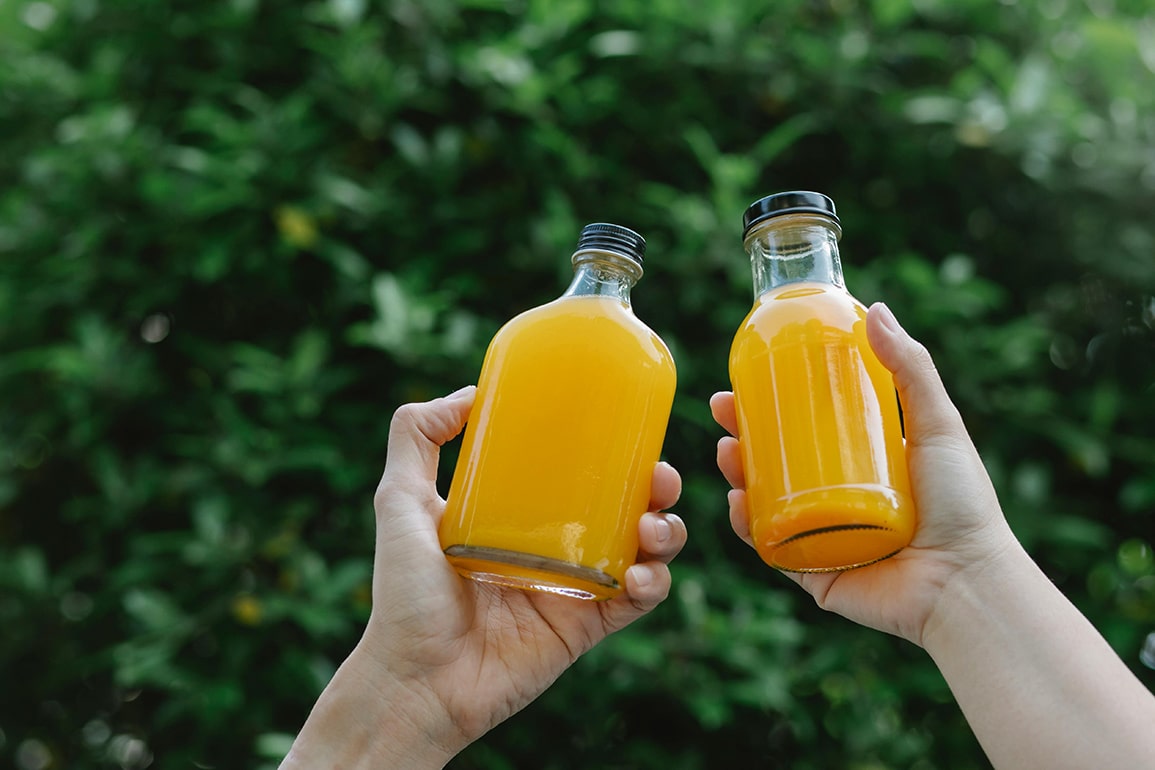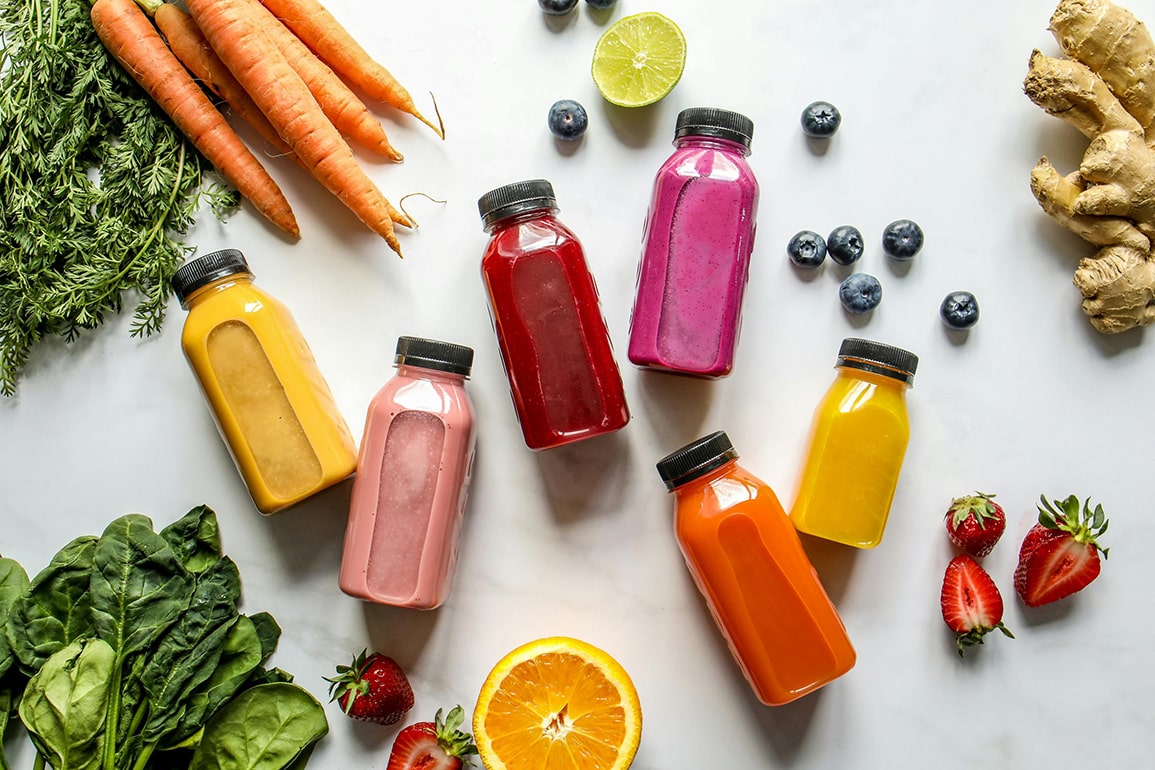
What to look for when inspecting Beverages (Soft Drinks, Juices, etc.)?
- Bottle material check
- Label placement check
- Cap seal check
- Carbonation level check
- Liquid color check
- Liquid clarity check
- Liquid taste check
- Liquid odor check
- Bottle cap quantity check
- Bottle cap tightness check
- Bottle cap seal check
- Bottle cap appearance check
- Bottle cap color check
- Bottle cap printing check
- Bottle cap size check
- Bottle cap material check
- Bottle cap function check
- Bottle cap safety check
- Bottle cap hygiene check
- Bottle cap defects check
- Bottle cap packaging check
- Bottle cap integrity check
- Bottle cap storage check
- Bottle cap transportation check
- Bottle cap expiration check
- Bottle cap production date check
- Bottle cap batch number check
- Bottle cap barcode check
- Bottle cap labeling check
- Bottle cap logo check
- Bottle cap branding check
- Bottle cap quality check
- Bottle cap compliance check
- Bottle cap regulations check
- Bottle cap standards check
- Bottle cap defects check
- Bottle cap inspection check
- Bottle cap sampling check
- Bottle cap testing check
- Bottle cap analysis check
- Bottle cap verification check
- Bottle cap documentation check
- Bottle cap traceability check
- Bottle cap recall check
- Bottle cap customer complaints check
- Bottle cap corrective actions check
- Bottle cap non-conformities check
- Bottle cap root cause analysis check
- Bottle cap improvement actions check





























